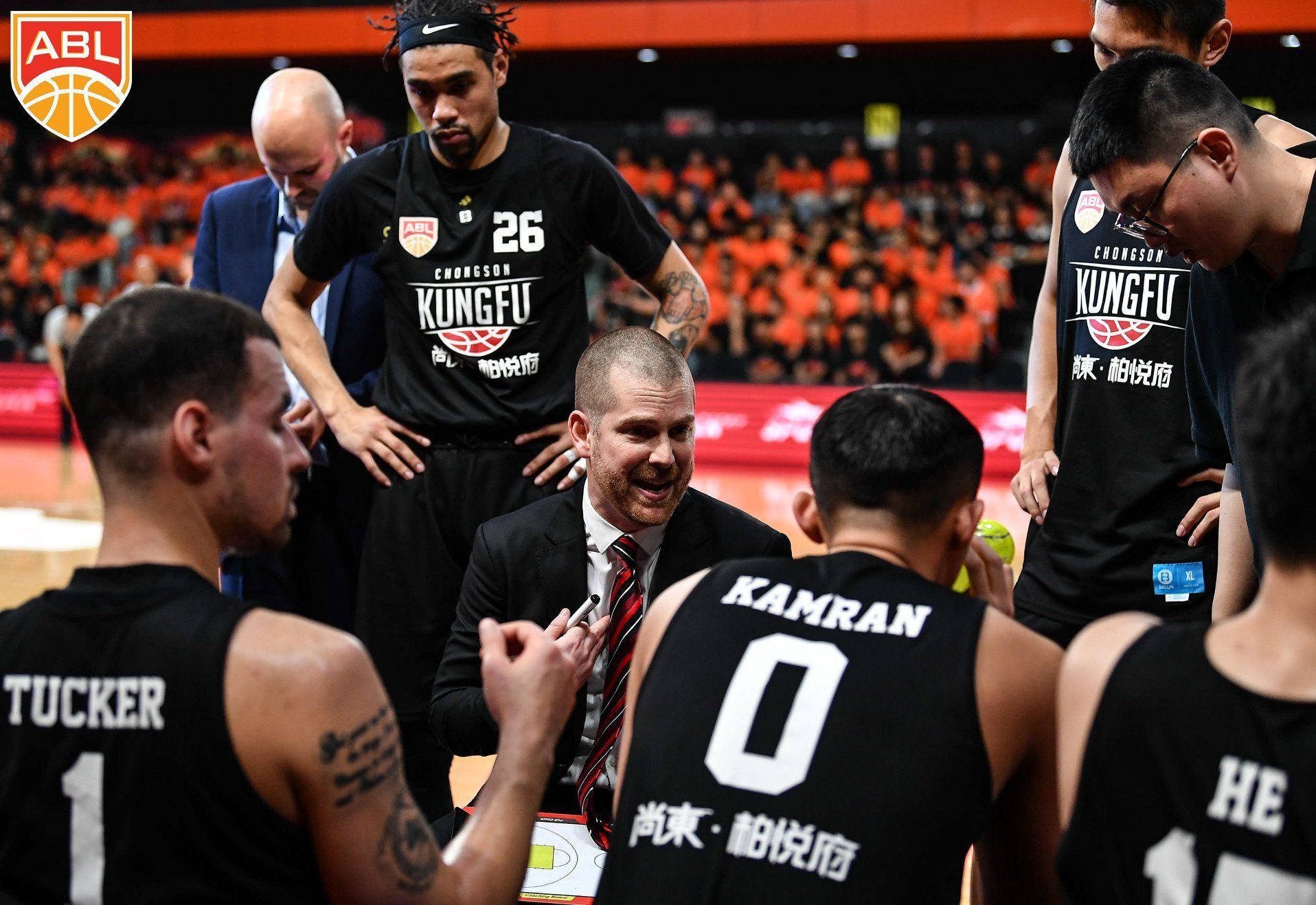It's All About Building Genuine Relationships: Dubé-Brais' Experience Coaching in China
By Max Bakony

Before even arriving in China to helm the Guangzhou Long Lions’ new developmental team, Coach Charles Dubé-Brais was already impressing.
“We spoke initially before the season even started on the phone and just messaging through WhatsApp,” says Anthony Tucker, who won ‘Player of the Year’ under Coach Dubé-Brais that season. “A lot of times you don’t meet your coach until you meet in person when you get over there. Making that instant connection helped a lot in cultivating the relationship.”
With the smallest budget in the ASEAN Basketball league (ABL) and a roster who’d never played together, expectations for the Chongson KungFu Basketball Club were understandably low. Being based in China, they were also overshadowed by the more popular Chinese Basketball Association (CBA) and its local teams of the Long Lions, Shenzhen Aviators, and Guangdong Southern Tigers.
They were a dimple in a province of 115 million people who didn’t know they existed but would go undefeated at home and win the regular season with a 15-5 record.
Most of Dubé-Brais’ players came from those the Long Lion’s had turned away and one of Chongson’s stars, Justin Howard, who would go on to be the ‘Center of the Year,’ had been spurned by the Singapore Slingers who’d opted to go with someone younger.
It didn’t take long for the team to bond despite there being obvious barriers in context, culture, language, support and investment. Most of the time they had to depend on players who spoke both English and Mandarin, to communicate with one another.
In mid-October 2017 the team was together for preseason where Dubé-Brais was integrating schemes from his eight years of head coaching Nanterre 92’s Under 21 teams in France, and his time guest coaching with the San Antonio Spurs for NBA Summer League in 2015, 2016 and 2017.
It was the NBA schemes that gave Tucker some doubts: “I was a little bit skeptical of how it was going to work with these guys who had never heard some of this language before and who didn’t really understand the concept of what we were doing,” says Tucker.
But during those three weeks of preseason games, the Chongson KungFu Basketball Club, Dubé-Brais, and Tucker would realize their potential. Without their full roster playing, they were set to face their CBA parent team, the Guangzhou Long-Lions, and the ABL’s defending champions, the Hong Kong Eastern Long Lions, in back-to-back games.
For Dubé-Brais, the games were supposed to be a measuring stick of their progress more than anything else, as all three teams of Chongson, Guangzhou, and Hong Kong shared the same owner in Zhong Naixiong, but Chongson had the least investment and support of them all.
KungFu would end up winning both games 99-98, and 92-77.
“It was wild because it was shocking,” says Tucker. “But to see [NBA schemes] work, right off the bat in the first preseason games. He instantly had me on board. I was a believer.”
For Dubé-Brais knowing his personnel on and off the court matters most: “Every coaching opportunity starts with building relationships and showing that you care, like trying to get people better,” says the coach. “And if you don’t earn that trust and respect to start with, it’s pretty hard to install your rules after that and expect results.
That ideology became clear for Dubé-Brais from his time with the Spurs. He became connected with the organization following the 2013 draft when the team selected DeShaun Thomas in the second round to develop with the Nanterre 92 Pro A team in France.
One day, Scott Layden, the assistant general manager for the Spurs at the time, randomly popped up at practice. Being the only good English speaker on the staff, Layden connected with Dubé-Brais as they spent the day together.
“He called me back the next day to thank me,” says Dubé-Brais. “I didn’t think I did anything special with him, but one thing led to another, and he said: ‘Well, I appreciate what you did for me, Charles [Dubé-Brais], and we’re going to need to send some more scouts to monitor DeShaun [Thomas’] progress throughout the year and I’m going to be back too. We’d like to stay in touch with you and get some information, if you’re willing to do it?’”
By the end of the year, Coach Dubé-Brais became familiar with the whole Spurs front office as they came to see Thomas multiple times. Two years later, the Spurs asked Dubé-Brais to join them in the NBA Summer League as a guest coach.
“It was crazy because the year before I was attending their games [that summer league], just watching them,” says Dubé-Brais. He would go on to fill the same role over the next three years.
Aside from digesting a ton of basketball content, Dubé-Brais says he learned a lot about how the Spurs organization treated one another. The coach says he saw himself as a relative “nobody” when being in the same rooms of legendary coaches and staff like three-time NBA coach of the year, Gregg Popovich, James Borrego, now the head coach of the Charlotte Hornets, four-time EuroLeague champion, Ettore Messina, or the 2014 NBA executive of the year, R.C. Buford:
“Whenever I had discussions with people like Popovich, Buford, Borrego, Messina, I always felt like these coaches valued my opinion and they would treat me as if I was somebody a lot more important,” says Dubé-Brais. “I was kind of shocked that R.C. Buford knew a lot of things about me and that he would actually care. You could feel that from everyone in the Spurs organization.”
That lesson was something he took with him to China. Whether it was by reaching out to players like Tucker before he’d even arrived, or by getting to know all the players on his team despite the language, context, and culture barriers: “I felt the first thing I needed to do is show them that I care and that I care about who they are.” He asked all his players about what city they were from, their holidays, different customs, favorite foods and would make himself just as accessible off the court as on the court.
“The main thing was the trust that he had in us, and he put a lot of trust in me to play my game, which I think helped those guys too,” says Tucker. “He gave me the green light right away and told me he’d never pull back on the reins at all. For me, it resulted in a [player of the year] season. I would say he did that for everyone… He just expected guys to do what they were good at, and it translated to winning.”
In the final six games of the season, Chongson KungFu Basketball Club would go undefeated beating the defending champions and second seed, Hong Kong Eastern Long Lions three times, the eventual champions and third seed, Alab Philipinas, and the fourth seed, Mono Vampire Bangkok.
But during the playoffs, an injury cracked a hole in their armor.
With seven minutes left in the second quarter of the first semifinal game in a best-of-three series with Mono Vampire Bangkok, their star power forward, Caelan Tiongson suffered a concussion.
After being up 35-23, the lead and series slipped away from them as they’d go on to lose the game 103-94, and their next and last game, 83-80.
“Our team was so reliant on four guys,” says Tucker. “Caelan [Tiongson] was huge for us… I mean, he was our defensive stopper, our energy guy. He’s a six-foot-five, 220-pound strong athlete able to guard one through five. Losing him changed the whole dynamic of our team.”
“I still think we were the best team,” says Dubé-Brais. “I still think that if it wasn’t a best-of-three series, if it was a best-of-seven, if Caelan [Tiongson] didn’t get a concussion. If, if, and if… But in a best-of-three series, if you lose one of your main guys for two games, then that’s it. It could have happened to another team. It just happened to us.”
Without Tiongson, Chongson had no answer to Samuel Deguara, Bangkok’s seven-foot-four, 310-pound centre who was able to bully the team in the post and on the boards. It was his buzzer-beating shot in the second game that put an end to their season.
Even though the team has since changed its name and location and the players have scattered across the league, Dubé-Brais is the kind of coach who keeps in touch.
“I’ll talk to him periodically throughout my season,” says Tucker. “We both reach out to each other and see how things are going, which is cool because I have former coaches who hit me up, but usually, it’s asking for a favour, asking me for information about someone or something. And that’s not the case with him (Charles).”
Dubé-Brais is a month into his journey as the new head coach of the BlackJacks this season. Less than a month from now it will be over. Knowing the season will be much shorter than his experiences in China and France, Dubé-Brais predictably began making connections with his new and old players by meeting them over coffee a month and a half before the coach had even moved to Ottawa.
Aside from his ability to create meaningful connections with his players, Tucker says it’s his work ethic that sets him apart: “There were nights in China where he was staying in his office until 2 to 3 a.m. in the morning on Synergy, watching film, doing stuff to prepare us, and I would say to improve himself,” shares Tucker.
“Coming into practice the scouting reports we had were incredibly detailed. He would tell us: ‘This guy doesn’t like to shoot from the left wing after dribbling with his left hand’ and stuff like that which just really helped.”
But the work ethic doesn’t stop when he leaves his office. His wife knows this more than anyone: “We work a lot during the nights,” she says. “He watches film from 8 p.m. to 1 or 2 a.m. and at the same time, I work the same hours because the kids are sleeping.”
They spend most nights together like this in the living room on their computers: “Sometimes we chat about the day: ‘How was your day?’
Yes great, and yours?
‘Yes great,’” she says laughing whilst acting out the scene by mimicking typing on a keyboard. They met not unlike how they spend their evenings, working in the same office in Quebec City when Dubé-Brais’ was the head coach of the Quebec Kebs almost 14 years ago.




